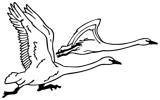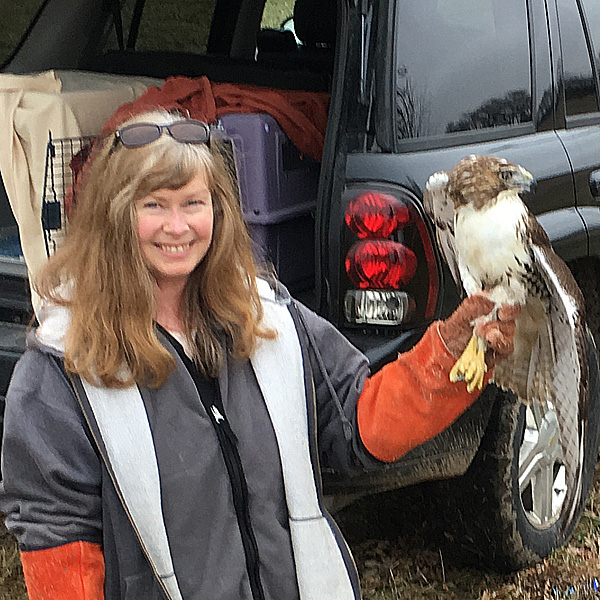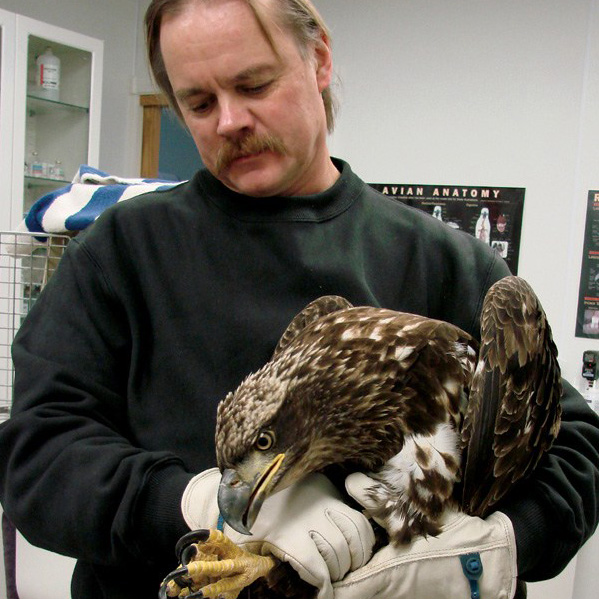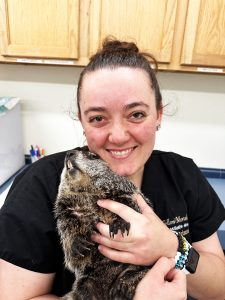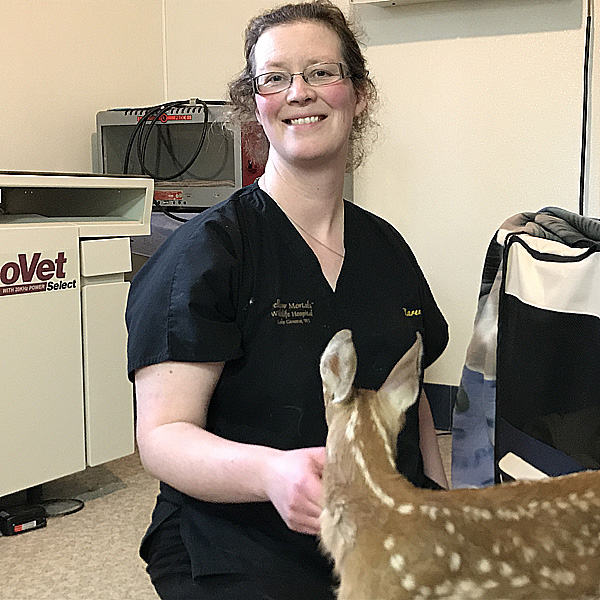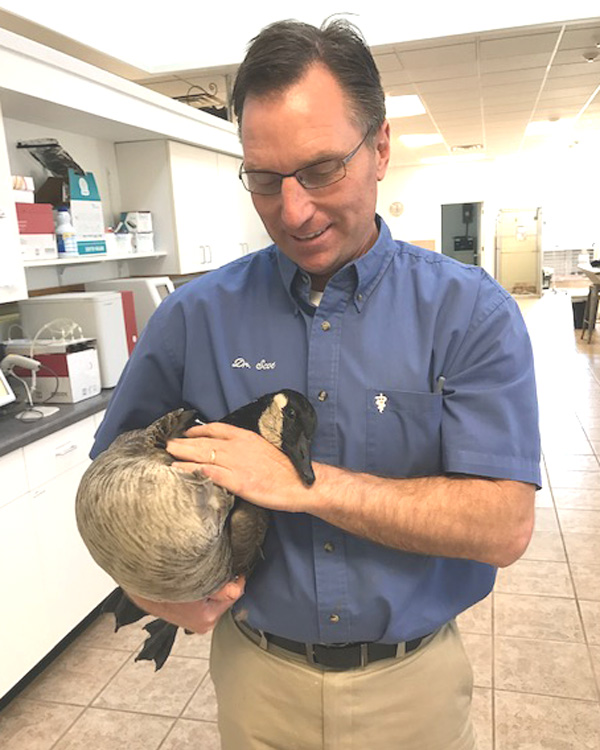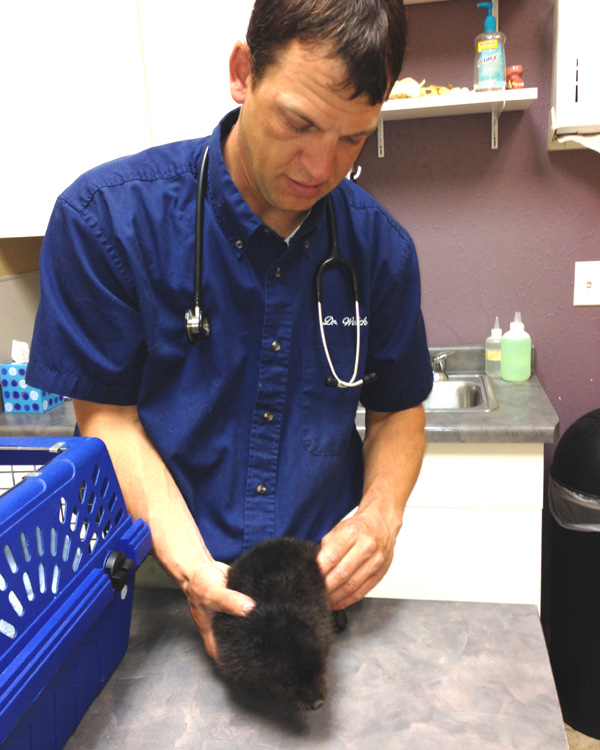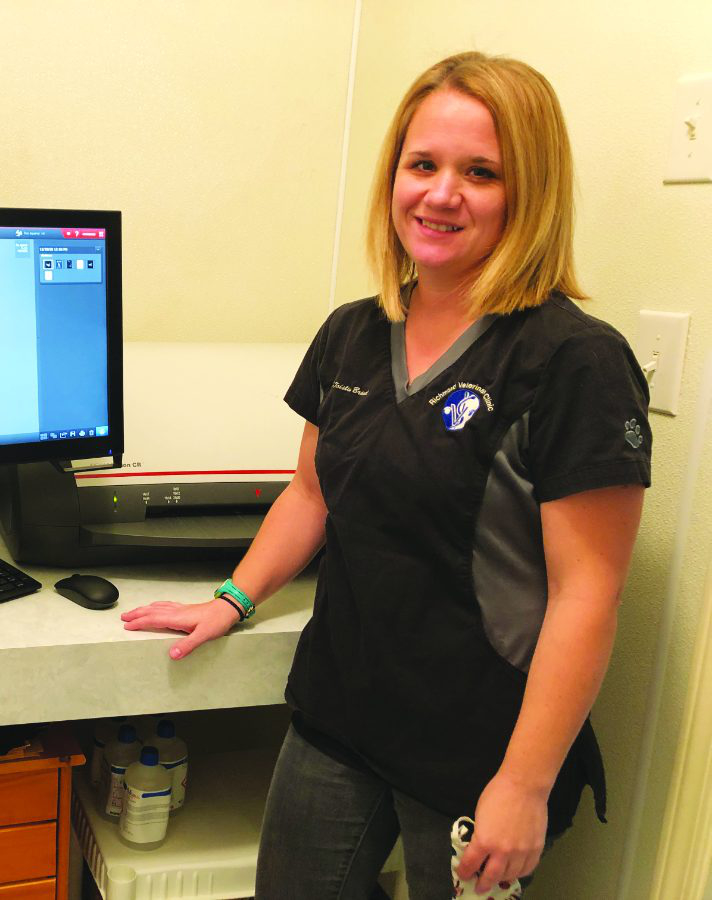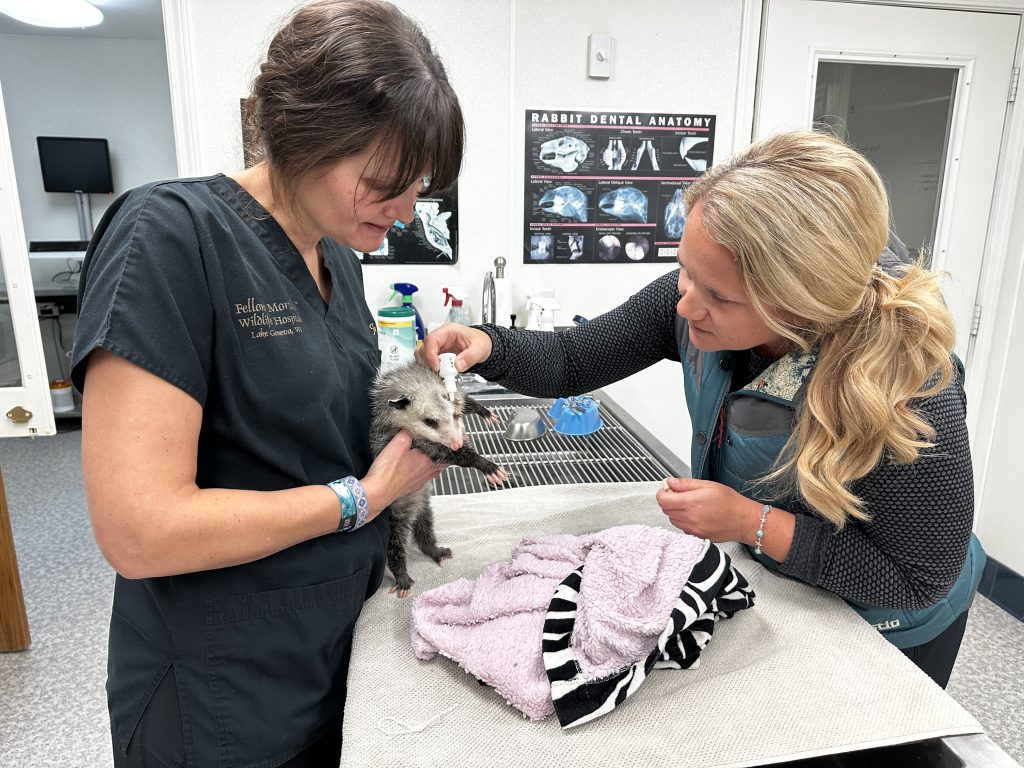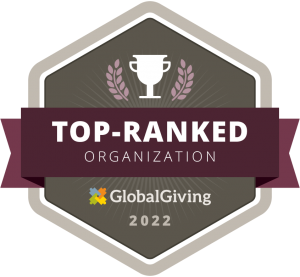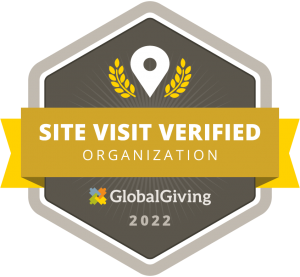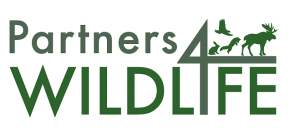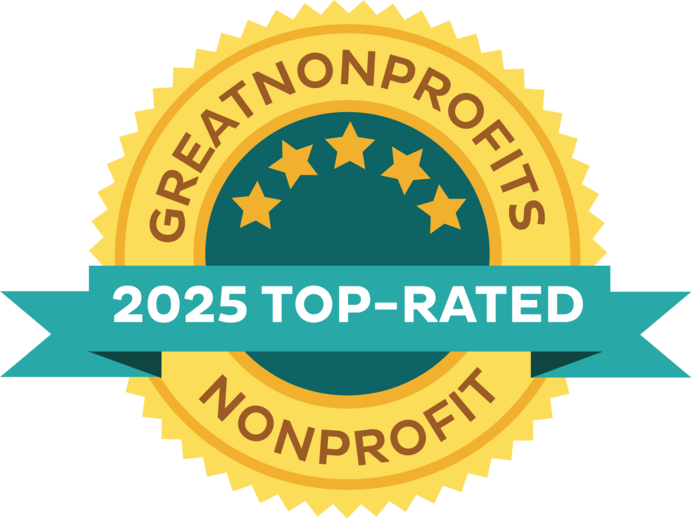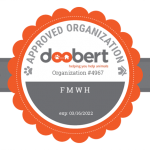Yvonne Wallace Blane — Co-founder and Director of Rehabilitation

Yvonne has written extensively about the insights gained during her years of experience in wildlife rehabilitation.
For a selection of her essays, click here.
Yvonne has been a wildlife rehabilitator and educator since co-founding Fellow Mortals with Steve Blane in 1985. Yvonne graduated magna cum laude from University of Wisconsin with a B.A. in English and Earth Sciences. Other areas of interest and education include paralegal work, accounting and organization development. Yvonne has been licensed by Wisconsin Department of Natural Resources and the U.S. Fish and Wildlife Service since 1988.
Yvonne has written and presented papers for both the national and international wildlife rehabilitation association and published in their journals. Past president of the Wisconsin Wildlife Rehabilitators’ Association, former board member of the Illinois Wildlife Rehabilitators’ Association, member of the Ethics Committee of the National Wildlife Rehabilitators’ Association, she served as elected Chair of the Wildlife Rehabilitation Advisory Council to the Wisconsin Department of Natural Resources from 2013-2019, and currently serves on user advisory councils for Guidestar and Global Giving, organizations dedicated to increasing and encouraging transparency in the international non-profit arena.
Yvonne has handled over 60,000 wild birds and mammals to date, with specialities in captive care of Common Nighthawk and the use of wild unreleaseable birds for conspecific fostering of wild orphans, a field which Yvonne helped to pioneer with the late Marlys Bulander, of U.S. Fish and Wildlife Service, with her first wild foster in 1989. Yvonne currently acts as Executive Director, Director of Rehabilitation, Grantwriter, Social Media and Online Fundraising Professional and Advanced Wildlife Rehabilitator. Utilizing her training, education and legal and administrative background, she also writes and edits the organization’s newsletter, promotional, fundraising, social media, and educational materials.
Steven J. Blane – Co-founder and Advanced Wildlife Rehabilitator
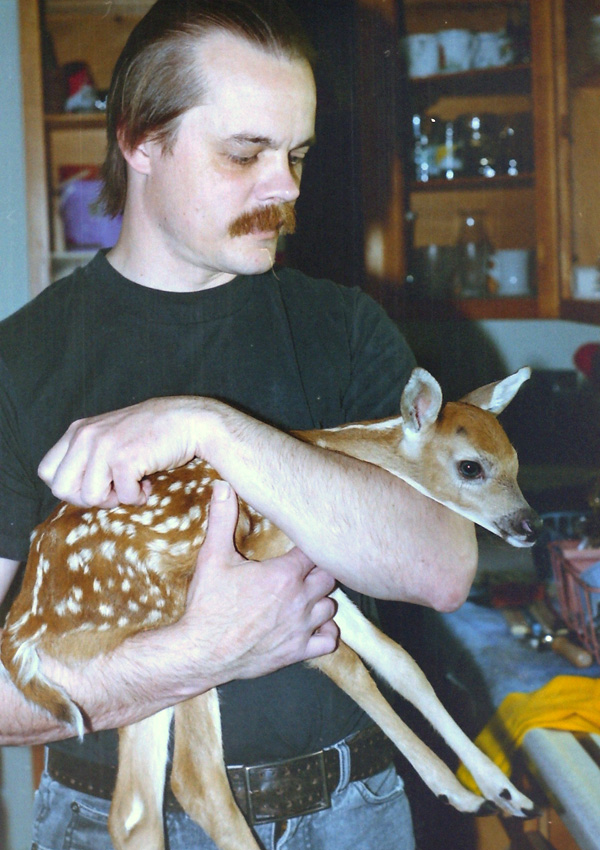
Advanced Wildlife Rehabilitator, licensed by Wisconsin Department of Natural Resources and the U.S. Fish and Wildlife Service since 1988. Steve served on the Wisconsin Rehabilitation Advisory Committee under appointment by Gov. Jim Doyle from 2004 to 2013. He is a former board member of the Wisconsin Wildlife Rehabilitators Association. Steve specializes in releases, including release site analysis. He has designed all aspects of the hospital and oversees facility construction and maintenance. Steve has experience and training in management and worked for various manufacturing companies in that capacity. He also had his own for-profit foreign car repair and maintenance business for many years prior to working full-time for the non-profit.
Jessica Massaro Nass — Advanced Wildlife Rehabilitator and Wildlife Biologist
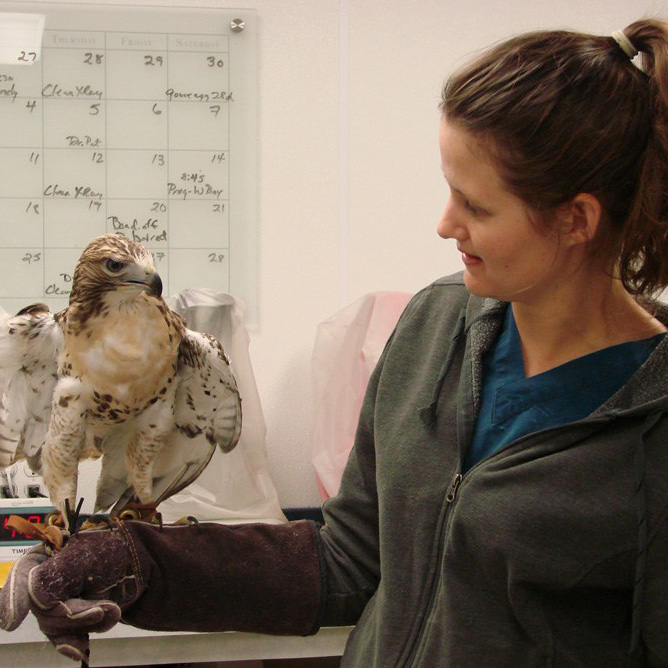
Graduating from the University of Calgary in 2004 with a Bachelor of Science degree in Biological Sciences, Jessica planned on pursuing a career involving animal care. In 2005, migrating south from her native Thunder Bay, Ontario, Jessica completed her internship at Fellow Mortals and joined staff as a licensed wildlife rehabilitator. She has been with Fellow Mortals since 2006.
Jessica has written extensively for the organization’s newsletter and is the primary outside educator, working with the permanent birds residing at the hospital. In 2010, Jessica spearheaded the organization’s first social networking campaign through the Pepsi Refresh Project, earning a $25,000 grant to build much-needed caging for birds and mammals. She is also integral to planning and implementing other fundraising events, including the annual dinner and auction.
Jessica works with all species of birds and mammals, with special attention to passerine species. She is currently supervising orphaned songbird care at the hospital, ensuring interns are thoroughly trained in feeding and handling techniques as well as other aspects important in the rehabilitation process.
Aimee Sosenko — Wildlife Rehabilitator
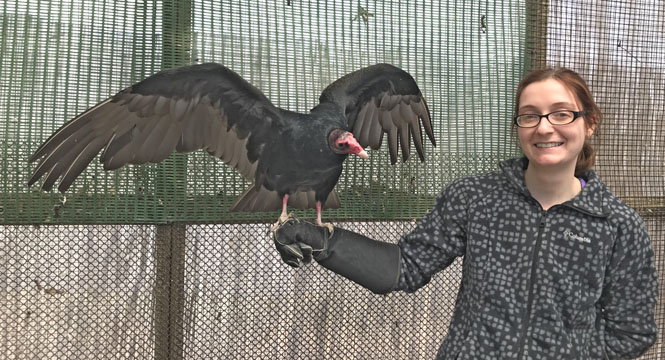
At every release I feel a sense of wonder. I helped these animals get a second chance at life and now they are free, and we still get to help more animals. Rehabilitation is hard work. It is exhausting, it is frustrating, it can be sad, but this has been one of the most rewarding jobs I have ever worked. I am proud of myself and I am so thankful for working for such a wonderful place and working with such extraordinary people. I would never have known I liked birds so much if I had not been given this opportunity, and I am excited to continue doing what makes my heart sing.
Originally from Binghamton NY, Aimee did not set out for a career in Wildlife Rehabilitation nor did she expect to be living in Wisconsin.
Aimee graduated Cum Laude from Cazenovia College, NY in 2012. She received a Bachelor of Science degree in Environmental Studies with a specialization in Environmental Ecology. She was awarded Outstanding Senior Capstone in Environmental Studies for her final research paper.
Aimee initially planned on a career in conservation, but was unsure of what exactly she wanted to do. Much of her course work consisted of botany and aquatic ecology, but it wasn’t until taking a class in Zoology that she realized she had a passion for animals. After that Aimee thought she wanted to pursue a career working at a big cat sanctuary.
In the summer of 2011, Aimee interned at The Binghamton Zoo at Ross Park, Binghamton NY. There she had the opportunity to assist on education programs. She learned she loved getting to educate the public, but she felt there was something was missing. During her final semester in college she decided to look into other internships to figure out if she should continue on to graduate school. Fellow Mortals was the first and only internship she applied for to commence after graduation. Her initial 7-month internship has turned into the career she did not know she was looking for.
During her first summer she worked closely with the songbirds and fell in love. She always felt like she was a mammal person until she handfed her first baby bird. From that day way back in May of 2012, she has now had the opportunity to work with all the species of animals that Fellow Mortals admits, but still spends the most time caring for the songbirds. She received her Basic Wildlife Rehabilitation License in 2016. Aimee also trains and supervises the interns. She is the primary wildlife educator and works closely with Fellow Mortals Education Ambassadors.
Brianna Holland — Licensed Wildlife Rehabilitator
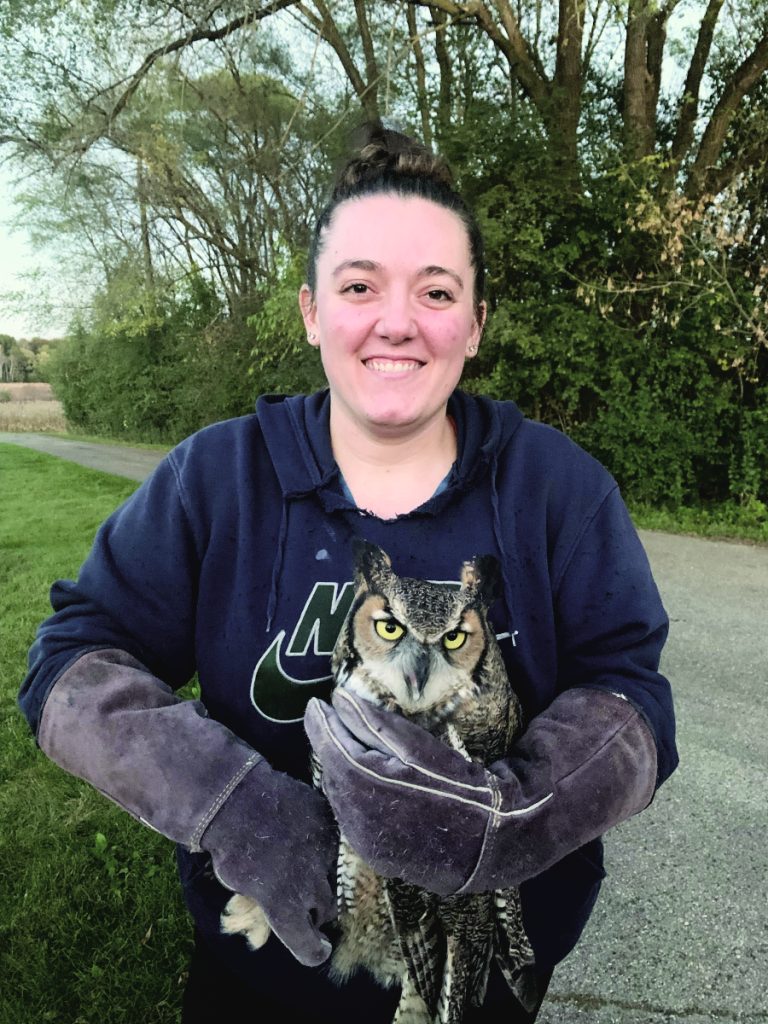
Brianna first came to Fellow Mortals in 2018 as a summer intern, while attending Dickinson State University in Dickinson, North Dakota. She graduated with a bachelor’s degree in biology with a focus on organismal biology in 2020, when she returned to Fellow Mortals full-time in a wildlife care capacity.
Brianna received her Basic License from the Wisconsin DNR after extensive training and completion of 10,000 hours of hands-on experience at Fellow Mortals, and after passing the state examination.
Wildlife rehabilitators in Wisconsin must be sponsored by both an Advanced Wildlife Rehabilitator and have a consulting veterinarian. Brianna was sponsored by Yvonne and Dr. Chris Welch, Lake
Geneva Animal Hospital and Geneva Lakes Veterinary Clinic.
Karen McKenzie — Advanced Wildlife Rehabilitator and Wildlife Biologist
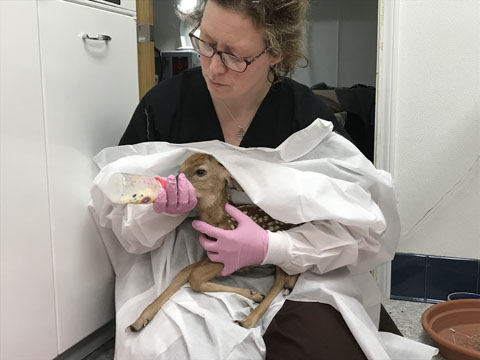
Karen received her undergraduate degree in Zoology from the University of Glasgow, Scotland in 2000 and went on to receive her Masters degree in Wildlife Biology and Conservation in 2002 from Napier University in Scotland. Her thesis involved studying a nature reserve as a potential release site for a rehabilitated Vervet Monkey troop.
After completing a 3-month internship, Karen joined the staff at Fellow Mortals in 2003 and soon became a vital member of our team. As part of ongoing research at the hospital, Karen completed a three-year study on the rehabilitation of orphan cottontails and presented the findings at the National Wildlife Rehabilitation Association 2008 conference.
From 2008 to 2010, Karen had the opportunity to take a hiatus which allowed her to visit rehabilitation facilities and sanctuaries in other countries. During this time Karen also volunteered as a research assistant on the Tasmanian Devil Facial Tumour disease team and worked with a Scottish Wildlife Hospital both as a volunteer and as a trainee centre manager.
Returning to Fellow Mortals in 2010, Karen partnered with other wildlife professionals in the development of post-release studies of rehabilitated wildlife, including post-release research on Beaver, Great-horned Owl and Sandhill Crane.
Living so far from her family had always been a challenge for Karen, but they were able to exchange visits every year until 2020, when the Covid pandemic made this impossible. She decided that the time had come to leave Wisconsin, and she moved back to Scotland in September of 2021.
Dr. Scot Hodkiewicz
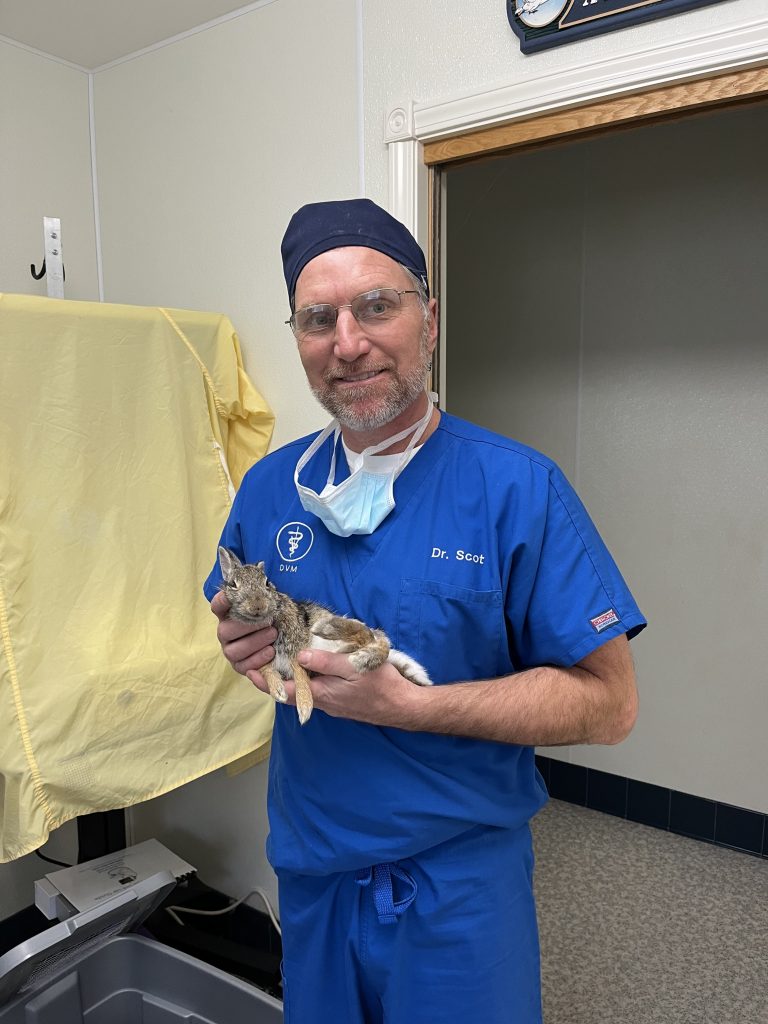
Learn more about Dr. Hodkiewicz here:
Lake Geneva Animal Hospital
I have had the opportunity to assist Fellow Mortals in their efforts to rehabilitate wildlife for many years. As a veterinarian with a special interest in orthopedic surgery, I have volunteered my skills and those of my staff to fix the broken bones of the animals brought to us. I began providing this service to help a truly wonderful organization but soon came to see that I was getting as much benefit out of it as anyone else. These animals have a great drive to survive and an incredible ability to heal. Often fractures that would take months to heal in us, even with the latest and greatest repair methods, take only a few weeks to heal in a wild animal. Most often a simple stainless steel pin driven through the fracture to keep it aligned and a bandage is enough. The pin is generally removed when the bone is healed so that rehabilitation can begin. A month or two later, the animal may be ready for release. I am truly amazed at how God has given these animals such extraordinary survival skills.
Over the years, I have seen some of nature’s most beautiful creatures released back into the wild after we repaired a broken bone. Recently, Fellow Mortals gave me and my family the opportunity to release a screech owl. A few months earlier, I had pinned a broken wing on him and he was scared, thin and weak. He did well with surgery and the bone had healed. I always say that my job is the easy part—the care and rehabilitation done by the staff at Fellow Mortals is what makes it successful. My job is done in an hour; their job may last months. Fellow Mortals does this so well that I don’t have to tell them much; instead they teach me about what these animals need. Together, we make a great team.
Now, along with my wife and son, I was releasing him. He was now healed and strong. To see this amazing animal with its beautiful markings, large yellow eyes, and sharp talons become so excited as it was brought outside for the first time in months demonstrated just how these animals are truly meant for the wild. Captivity allowed him to survive and heal, but his place was out of the cage. He was going home and he knew it. There was no thank-you from him and he doesn’t (didn’t) send me a Christmas card, but the satisfaction of seeing him disappear silently into the night was more than enough.
A few years ago, I was nearly killed by a drunk driver. I was saved by the very skilled doctors and nurses who used their God-given talents to save me. Now I see this as an opportunity to pay it forward. I use my God-given skills and those of my staff to help others—in this case the animals—just like those that helped me. Every animal that is saved heals physically while providing those involved with the spiritual healing we all need. It is a true blessing.
Dr. Chris Hartwig
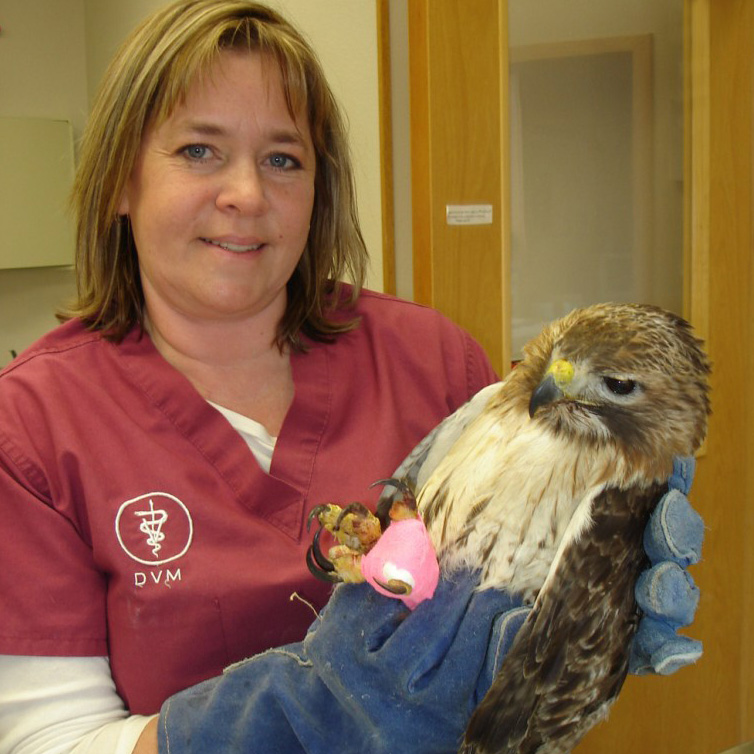
Visit Delavan Lakes Veterinary Clinic for more information.
On July 25, 2001, I was honored to witness and play a part in an emotional and spiritual event. It all began six weeks earlier when a Red-tail Hawk was brought to our clinic with a broken wing. He had been found by Greg and Anne Prince and brought to Fellow Mortals after he was found unable to fly. The Princes had been observing this hawk and his mate near their home north of Elkhorn, Wisconsin. At the time the male was found, the pair had nested and the female was sitting on eggs.
Surgery was performed to place a pin in “Prince’s” wing to allow the bone to heal and he returned to Fellow Mortals. His recovery couldn’t have gone any better with the wonderful care and love from every one at Fellow Mortals.
When “Prince” was ready, we drove to the release site on July 25 and we were all hoping to witness the reunion of this family.
As I held this magnificent bird, I couldn’t help but feel overwhelmed by the gift of healing that God had given to me. For a brief moment I didn’t want to let him go, but when I did, I felt a part of myself fly away with him. In the moments following his release we all enjoyed the reunion that we had hoped for. This short moment in time is the reason why we (the supporters of Fellow Mortals) all continue to give our time and resources to further the existence of all God’s creatures.
Dr. Chris Welch
Personally, I find wildlife both fascinating and challenging. Treating wild animals integrates veterinary knowledge, but also some innovative techniques, which is great.
Dr. Kristin Brand
Dr. Kristin Brand has had an active interest in animal care from a very early age, starting as a kennel attendant at the age of 12. She interned with Dr. Pat Hourigan at the Richmond Veterinary Clinic, and took over his practice following his death in 2013. She is now the owner and chief veterinarian at the clinic, and has a particular interest in acupuncture.
Dr. Pat Hourigan
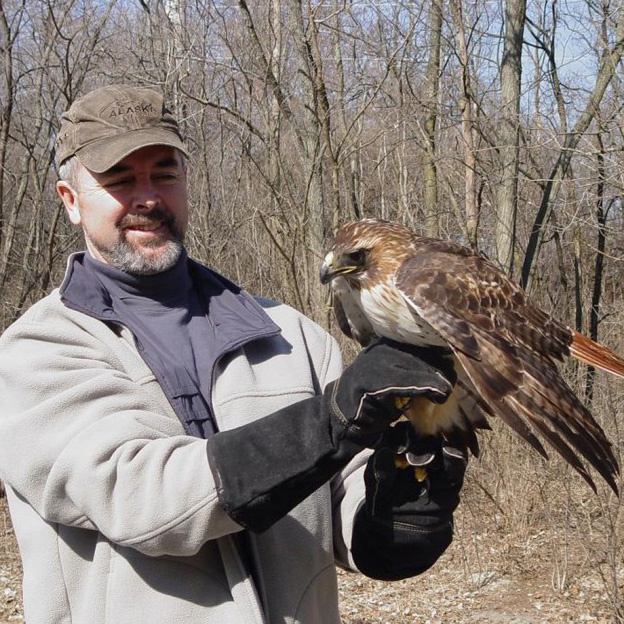
If you wish to make an on-line donation to Fellow Mortals in memory of Dr. Hourigan, you may do so by clicking here.
In memory of Dr. Pat, founding board member and wildlife veterinarian 1988-2013.
Working on wildlife is a humbling experience. I have to be mindful of all of my failures in order to get the one successful outcome, which is measured by how quickly my patient flees away from me.
It was a spring day in 1985. I was working at, what was then, a rural mixed animal practice. Being a young veterinarian, I felt overwhelmed most of the time. My days were filled with examining patients and going back to my books and old vet school notes to provide a treatment plan. There was an appointment on the books to examine a wild bunny. Generally, the only time I was called upon to examine bunnies was at fair time. This was to certify the bunnies did not have the usual illnesses. Abscesses, mites or nasal discharge, these were the three things that I could competently diagnose and treat. Eliminating those maladies, my expertise with rabbits was rather limited. Fortunately or unfortunately this bunny was not one of those that were going to be appearing at the fair.
I would have liked to read up about rabbit medicine. There were not any text books available to me regarding rabbit veterinary care. There were no classes, when I went to vet school, addressing rabbit care or, for that matter, any other wildlife care. So, I warily waited for this appointment. A young couple showed up for the appointment. They had found an injured wild rabbit. Instead of doing what traditionally would have been the standard of care and humanely end the life of this unfortunate creature, they wanted to save its life and return it to nature. I determined immediately that this was not going to be a short appointment.
This was the start of a rewarding relationship that has now spanned 25 years. Over the years, Steve and Yvonne Blane and the competent staff at Fellow Mortals have been testing me with all sorts of wildlife. From great horned owls and red tail hawks with broken wings, a white pelican left behind, rabbits with fractured legs, a beaver that has trouble getting out of its pond, to a cormorant with a limp, all of these fellow mortals have allowed me the satisfaction of knowing that I can help. Without this association, practicing veterinary medicine would not be nearly so rewarding. Thank you Fellow Mortals for doing what you do best—caring.
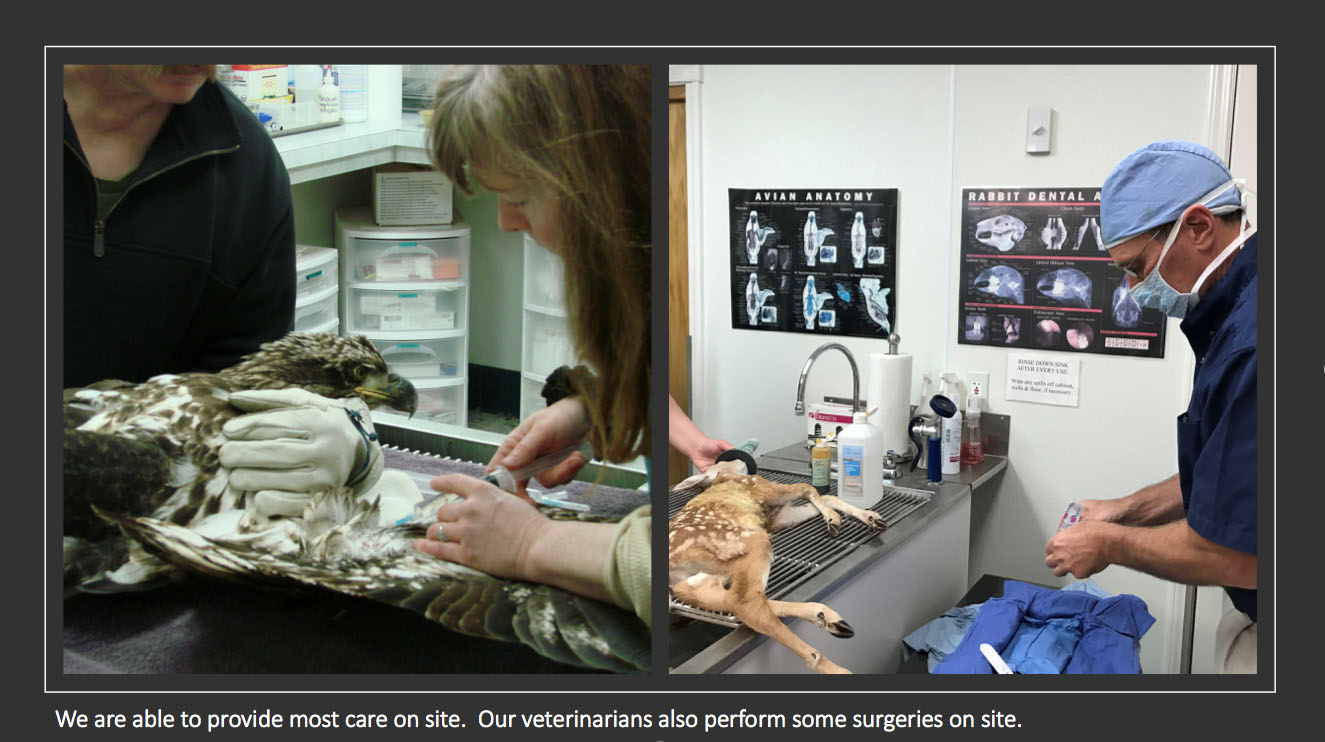
© 2026 Fellow Mortals, Inc.
W4632 Palmer Road | Lake Geneva, Wisconsin 53147
NOTE: All Visits are by Appointment Only —
Phone: (262) 248-5055 to make an Appointment
